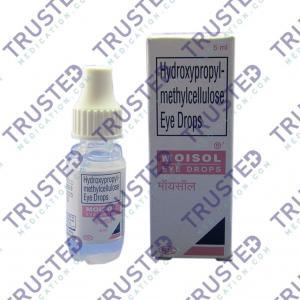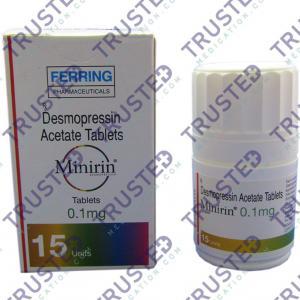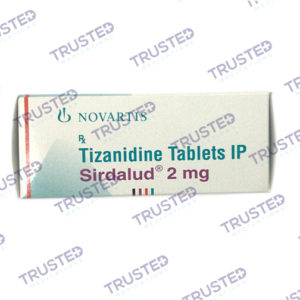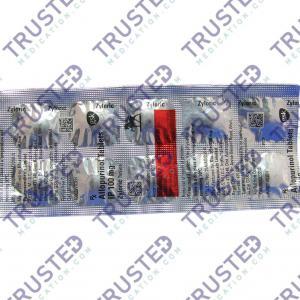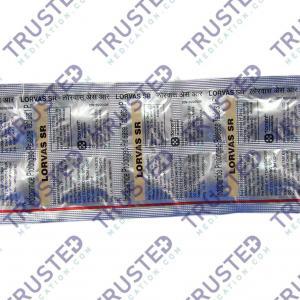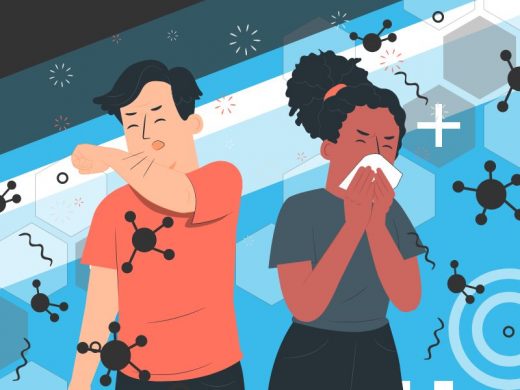
A viral infection is an increase of viruses inside the body. Viruses infect a host by spreading their genetic material into the cell. It hijacks the internal machinery of your cell to produce more viruses. The new virus particle can also infect others and destroy tissues and damage. It can also affect your immune system response.
Some viruses cause chickenpox and cold sores. The cold sore virus remains in your cell and triggers stress. It can also release new virus particles and kill the cell.
Are Viruses Alive?
Some viruses are alive and they can manifest several symptoms. Live viruses can replicate and acquire energy from their host. Dead viruses have no cells and they do not reproduce by themselves. Dead viruses need a host to replicate.
Is Viral Infection Contagious?
Yes. Viruses can spread from one person to another through respiratory droplhttps://trusted-medications.com/buy/nevimune-nevirapine/ets. They are contagious for varying periods depending on the type of virus and the severity of the symptoms. Nonetheless, the spread of the virus can be contained through isolation and proper treatment.
What are the Symptoms of Viral Infection?

Cough
Muscle pain
Fever
Fatigue
Sore throat
Cough
Headache
Nausea and vomiting
Rash
Sensitivity to light and confusion
Common Types of Viruses
COVID-19. It is due to novel coronavirus. It affects the respiratory system that ranges from mild to lethal.
Rhinovirus. It causes common colds and flu that lasts for 2 weeks.
Seasonal influenza. It is an illness that affects about 20% of the population in the US. Seasonal flu symptoms are adverse to common colds and flu.
Meningitis. It is an inflammation in the protective covering of the brain and spinal cord. The causes of meningitis are either bacterial or viral infection.
Chickenpox. It is an infectious disease that causes mild fever and skin rash. It is due to the herpes zoster virus that typically infects children.
What are the Risk Factors of Viral Infection?

Smoking
Poor hygiene
Crowded places
Medical conditions
Age
Disability
Mental health factors and stress
How to Diagnose Viral Infection?
After assessing your symptoms, your doctor may recommend an immunoglobulins blood test to determine viruses. Other diagnostic method includes:
PCR test
Rapid test
Respiratory pathogens panel
Treatment for Viral Infections
Your doctor will recommend antiviral drugs and they work directly on the viruses. Antiviral medications can treat chickenpox, shingles, herpes, HIV, and other viral infections.
Prevent the spread of viruses by strengthening your immune system and maintaining proper distancing. Avoid crowded places and disinfect your surroundings. Seek medical help and inform your doctor as soon as you experience symptoms.

